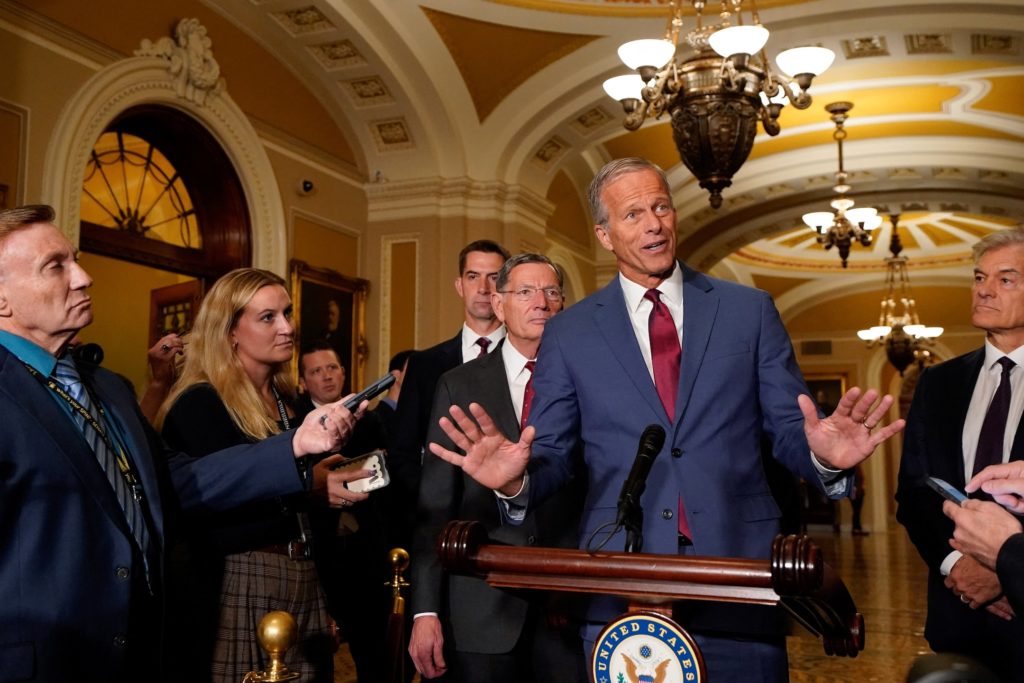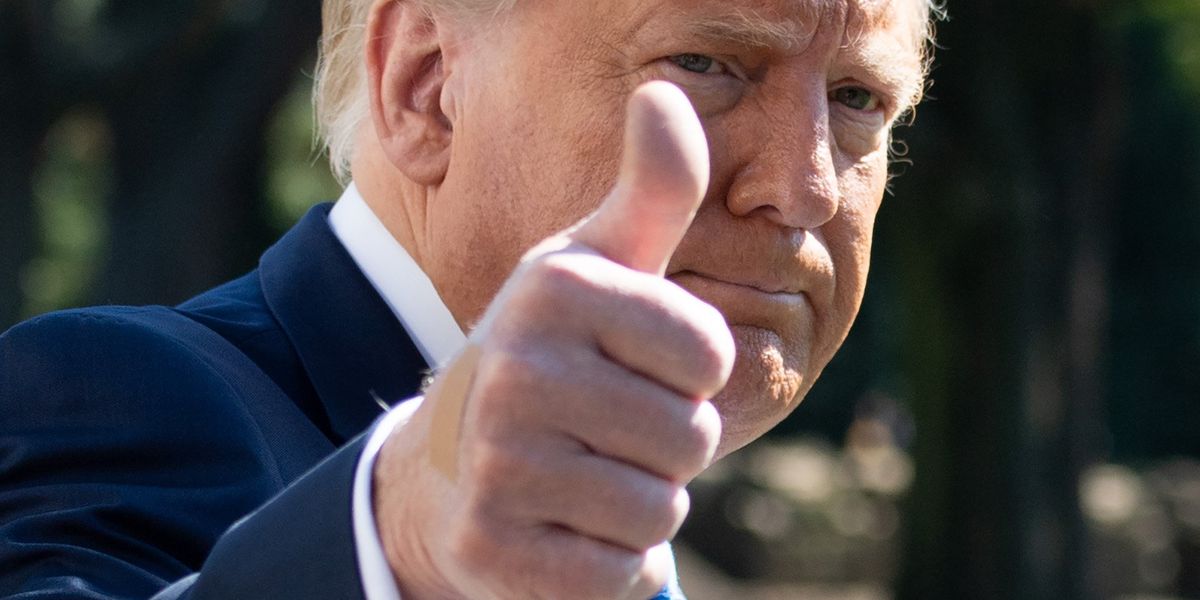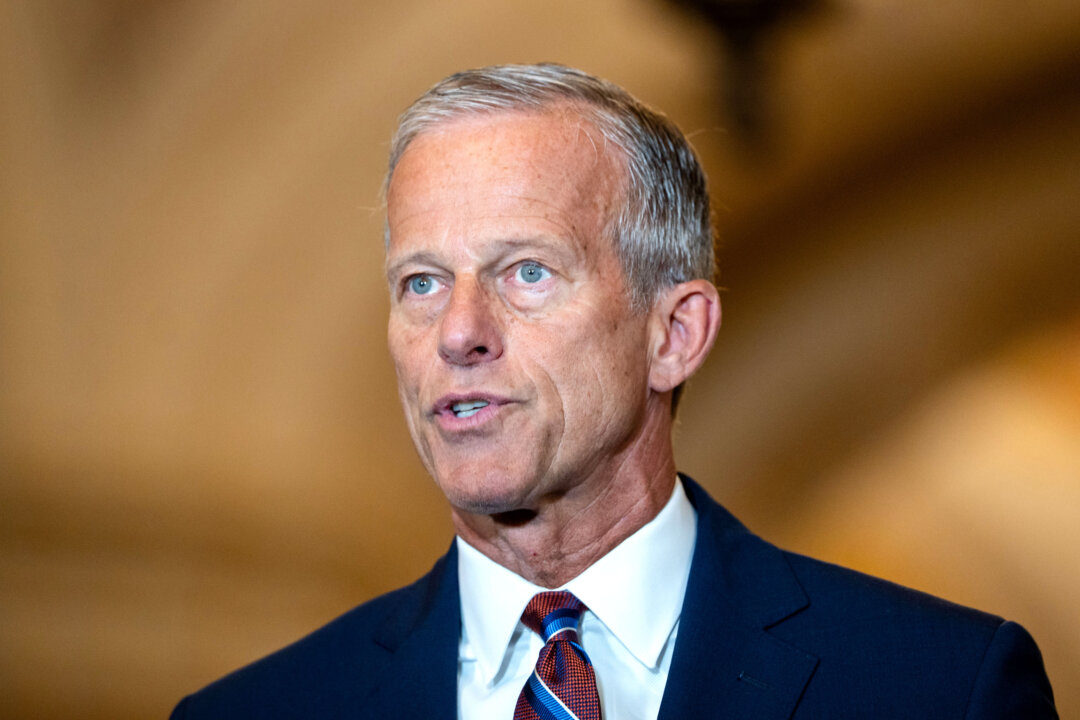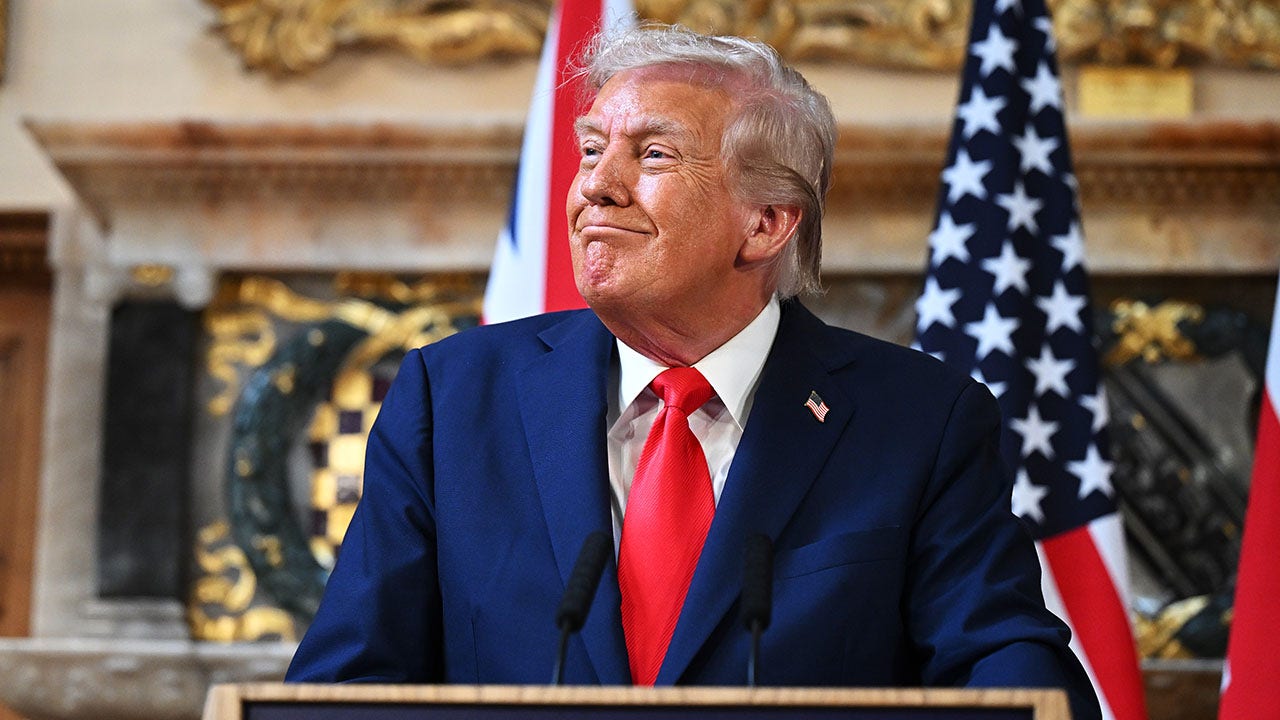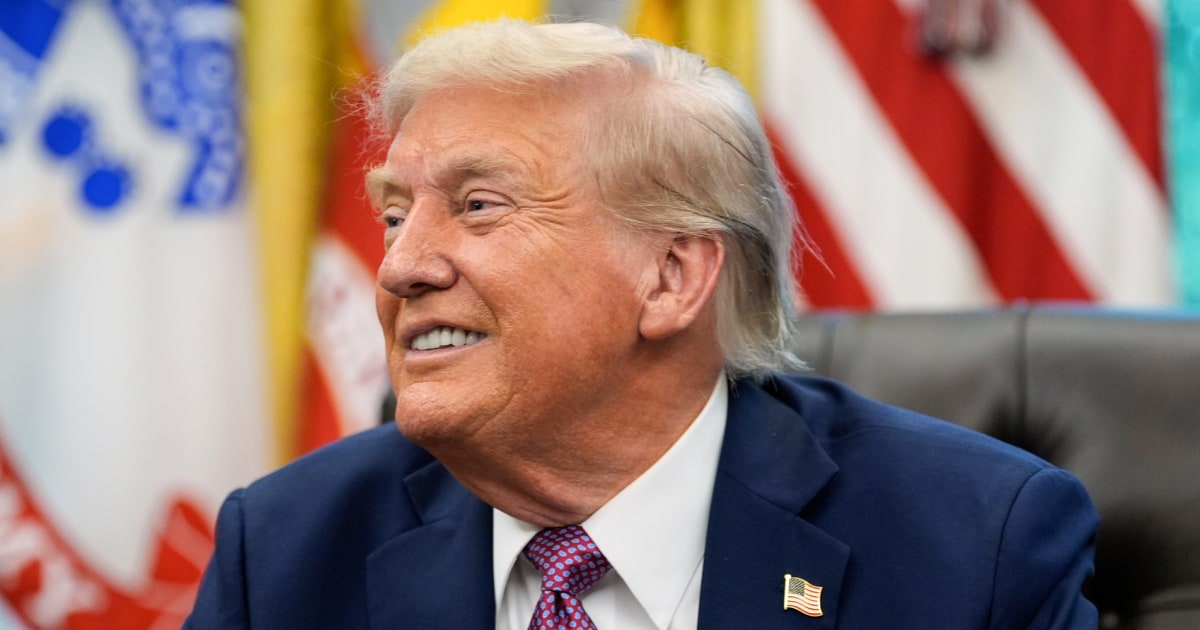Senate Republicans Invoke 'Nuclear Option' to Confirm 48 Trump Nominees at Once
Senate Republicans confirmed 48 President Trump nominees at once, using the 'nuclear option' to change rules and bypass Democrat blockades for non-judicial appointments.
Subscribe to unlock this story
We really don't like cutting you off, but you've reached your monthly limit. At just $5/month, subscriptions are how we keep this project going. Start your free 7-day trial today!
Get StartedHave an account? Sign in
Overview
- Senate Republicans confirmed 48 President Trump nominees in a single vote, streamlining numerous lower-level, non-judicial appointments to various significant roles.
- This mass confirmation occurred after Republicans changed Senate rules, employing the 'nuclear option' to allow approval with a simple majority vote.
- The rule change was prompted by unprecedented Democrat blockades, which had stalled a record number of nominees, leading to the expedited process.
- The confirmation vote passed 51-47, enabling the simultaneous approval of these nominees and avoiding hundreds of individual roll-call votes.
- Among those confirmed was Kimberly Guilfoyle as Ambassador to Greece, with all 48 nominees having previously received bipartisan support in committee.
Report issue

Read both sides in 5 minutes each day
Analysis
Center-leaning sources cover this story neutrally by presenting both Republican and Democratic perspectives on the Senate rule change and subsequent confirmations. They provide crucial historical context, illustrating how both parties have previously altered rules or obstructed nominees, thereby avoiding a one-sided narrative and offering a balanced view of the procedural evolution.
Articles (13)
Center (3)
FAQ
The 'nuclear option' is a Senate procedural change that allows overriding a standing rule by a simple majority vote instead of the usual supermajority (60 votes), permitting faster confirmation of nominees by bypassing filibusters.
Republicans used the nuclear option due to unprecedented Democrat blockades that stalled a record number of nominees, prompting a rule change to allow approval by a simple majority vote and streamline the confirmation process.
Senate Republicans confirmed 48 Trump nominees at once, all for significant non-judicial roles, streamlining the confirmation of various lower-level appointments.
The confirmation vote passed with a final tally of 51 to 47, enabling the simultaneous approval of all 48 nominees.
Yes, all 48 nominees had previously received bipartisan support in committee before their confirmation.
History
- 2M

 7 articles
7 articles


